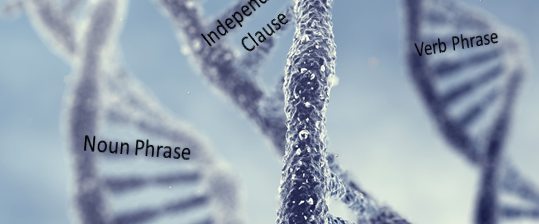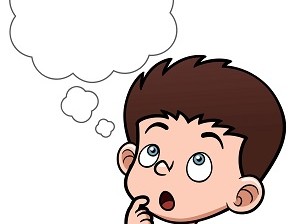Tag Archives: learning
22 Apr Breaking Down Language Structure and Function
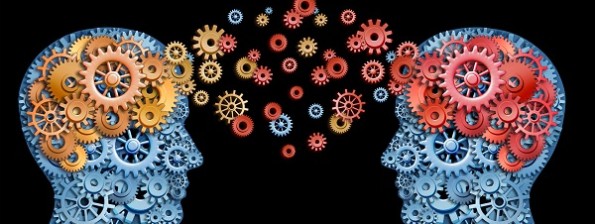
Grammar Acquisition Some experts suggest that a correctly formulated adult grammar is acquired by children on the basis of sentences they hear in their first few years (Pinker, 1984, p. 5). The proponents of this theory assume that a young child perceives sentence structure or is able to detect elements of grammatical structure – a […]
18 Apr Irrational Language Rules

Language and Utterances Now let’s narrow the focus from communication to language. To avoid confusion, let it be clear from the outset that this discussion is not concerned with computer-programming languages, but “natural languages.” Computer languages have built-in or “prescriptive” regularity called a formal syntax. They are easy to describe, and they are obedient to […]
17 Apr Learning by Repetition
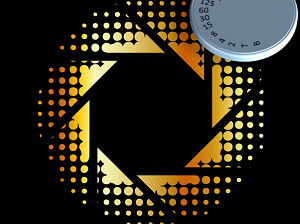
Frequency and Exposure For the very young, language learning requires mental gymnastics. Most theories of language learning refer to the fact that the frequency of repetition of a word or structure pattern determines the strength of its acquisition. In this context, there may be some threshold of frequency which, once reached, will result in the […]
16 Apr From Concept to Communication

Yorrick’s First Concepts A conceptually structured model of learning might suggest that Yorrick, or any other human, first acquires concepts, and later, a vehicle for communicating concepts: language. During Yorrick’s early development, his concepts are linked entirely to physical sensations and perceptions: hunger, soreness, the sucking instinct, and the like. One of the first discoveries […]
10 Apr Talking About Computational Linguistics
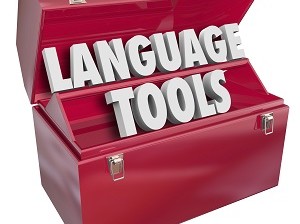
Computational Linguistics Today Massive strides have been made in the cognitive definition of thought, perception, culture and language. The interaction or kinship of all these elements of the human experience is also better defined. This combined work has increased our self-awareness and provided the basis for synthesizing and modeling automata to extend our abilities and […]
09 Apr Abstract Contexts and Fuzzy Reasoning
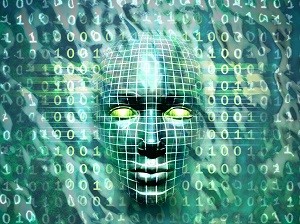
We do not yet know how we remember things, nor do we know how we use remembered things in reasoning. The amazing feedback loops of afferent and efferent fibers between different layers of the cortex give us some amazing clues (Hawkins 2004). Today’s discussion of abstract contexts and fuzzy reasoning is intended as a bridge […]
05 Apr Knowing About Agents and Instruments

Cause and Effect Causal knowledge can be learned by experience, as described in our friend Yorrick’s early experiences with the source of good feelings (Section 4: Seeds of Knowledge). The process of learning from experience is empirical and very fuzzy, meaning it is difficult to describe or replicate the learning process artificially. Cause can also […]





